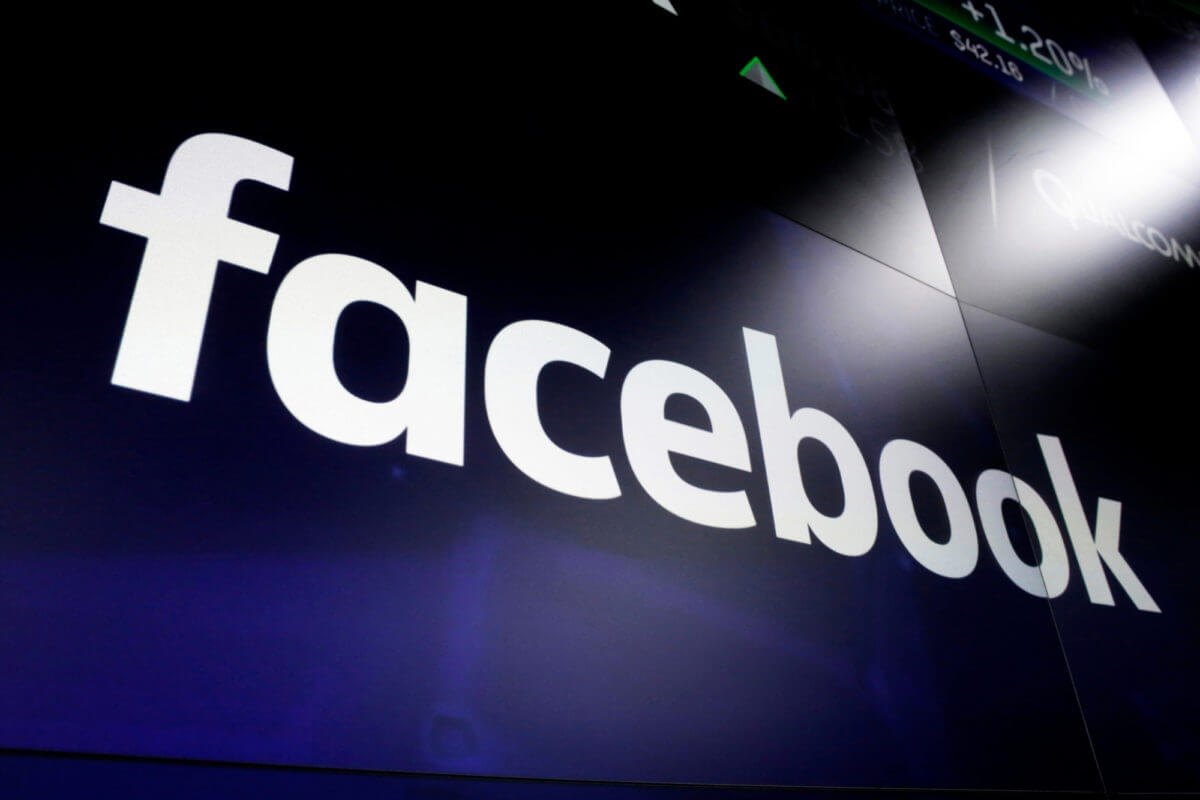
Facebook and Google are making huge profits from election ads. But rivals like Twitter and Spotify have rejected political messages. | Credit: AP/Richard Drew
- Presidential candidates have already spent more than $105 million on digital ads.
- Facebook and Google are getting most of the dough.
- Spotify just joined Twitter in rejecting these election ads outright.
With billionaires like Tom Steyer and Michael Bloomberg splashing their cash around, the airwaves have been filled with 2020 presidential election ads. The political ads have invaded cyberspace too; by mid-November, the presidential candidates had already purchased more than $100 million in online ads.
But going forward, you’ll be able to find respite from the noise on Spotify (NYSE:SPOT). The company announced Friday that it will stop all political advertising on its service. Previously, political organizations including the Bernie Sanders campaign and the Republican National Committee had used Spotify’s paid ads.
$105 Million And Counting
According to the Center for Responsive Politics, through mid-November, the presidential candidates had spent $105 million on digital ads. Facebook (NASDAQ:FB) got the majority of it, with $67 million heading Zuckerberg’s way. Of the candidates, Donald Trump and Tom Steyer had spent the most:
Online campaign spending so far. | Source: Center for Responsive Politics
Facebook And Google Keep Rolling In Election Ads Cash
Facebook has the most to gain from political ads. Despite Google’s larger share of the overall digital ad market, Facebook’s highly personalized targeting mechanisms have made it a favorite for political candidates on both sides of the aisle. Not surprisingly, CEO Mark Zuckerberg has taken a no apologies stance in favor of political ads, regardless of whether they are factual or not. He claims that limiting political ads would be censorship of free speech.
Alphabet’s (NASDAQ:GOOGL) Google has also avoided shutting down paid political activities. Though it has regulated targeted political ads more stringently, blocked them in select markets such as Canada, and has cracked down on questionable YouTube spots. They took down hundreds of Trump campaign ads this summer, for example:
Spotify And Twitter Take The High Road
Spotify and Twitter (NYSE:TWTR) have gone the opposite direction, banning political ads altogether. Incentives matter. These companies earned much less from political ads, so it was easier to take the hit.
For example, as of Spotify’s latest annual report, the music streamer generated barely 10% of its overall revenues from advertising. Subscription fees pay the lion’s share of the bills. And Spotify didn’t allow political advertising in most of its markets anyway, so there’s seemingly no need to panic about Spotify’s stock outlook.
Arguably, Twitter has paid a price for its more stringent policies. Author Holger Zschaepitz noted how markets have punished Twitter for its ethical but not profit-maximizing stances over the years:
Twitter’s political decisions have seemingly hurt its stock’s performance | Source: Twitter
Snapchat Aims For A Middle Ground
Snapchat (NYSE:SNAP) has taken a moderate approach. It isn’t tuning out politics altogether. Unlike Facebook, though, it is making sure that the site’s election ads are factual. CEO Evan Spiegel noted Snapchat’s crucial role, as it has so many new voters on the platform:
I think what we try to do is create a place for political ads on our platform, especially because we reach so many young people and first-time voters we want them to be able to engage with the political conversation, but we don’t allow things like misinformation to appear in that advertising.
So far, only the Pete Buttigieg and Trump campaigns have used Snapchat ads to any meaningful degree. But with Spotify and Twitter now out of the picture, there may be more campaign cash coming Snapchat’s way. And Facebook and Google will certainly keep raking it in, regardless of which party is doing better in the polls.
This article was edited by Gerelyn Terzo.
Last modified: December 28, 2019 17:56 UTC






